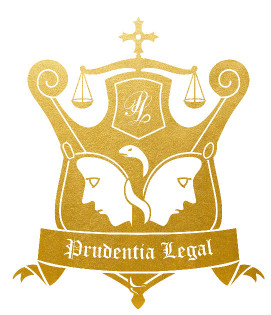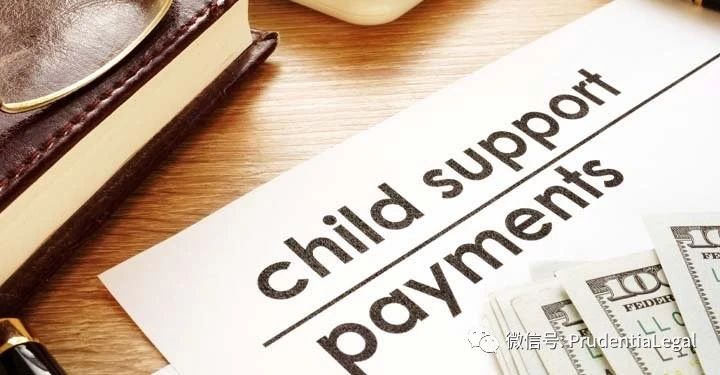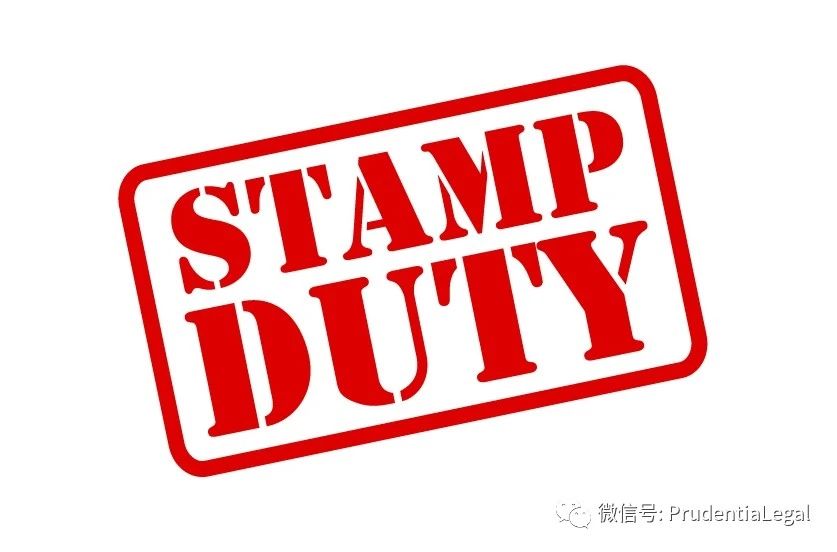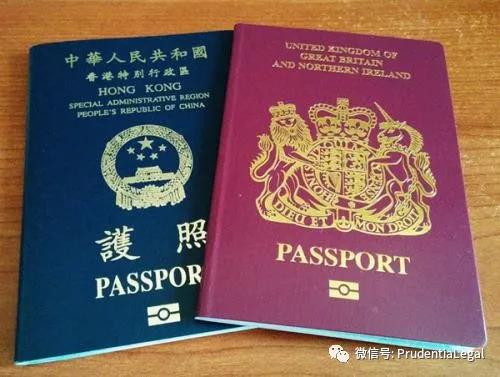Intervention Orders In VIC
An individual (the applicant) (or police department but today we only talk about the individual application) may apply for an intervention order in the Magistrates Court of Victoria which places legal restrictions upon another individual (the respondent) and prohibits the respondent from engaging in certain conducts towards the applicant. The respondent must follow the rules under the intervention orders or the police are entitled to take legal actions against him or her.
Intervention orders may contain rules and conditions which prevent the respondent from:
1. Harassing, intimidating or threatening the applicant;
2. Being near the applicant’s house or business residence;
3. Contacting the applicant by phone or email; or
4. Damaging the applicant’s property.
Intervention orders protect the applicant from anyone that makes them feel unsafe or threatened.
An applicant can apply to the Magistrates Court for an intervention order if the respondent has committed any of the following:
1. Harassed the applicant;
2. Abused the applicant;
3. Threatened the applicant;
4. Damaged the applicant’s property; or
5. Caused the applicant to fear for their safety.
The applicant can take out an intervention order that includes the protection of their family members.
The Magistrates can make two types of intervention orders at court. They are:
1. Interim Intervention Orders; and
2. Final Intervention Orders.
Interim intervention orders:
A magistrate will make an interim intervention order if they have reasons to believe that the applicant is at risk and require immediate protection. An interim intervention order will normally last until the magistrates decides to make a final intervention order. An interim intervention order can be made ex-parte without the respondent being present at the hearing.
Expiry of interim intervention orders:
An interim intervention order will expire when the Magistrate makes a final intervention order.
Final intervention orders:
A magistrate may make a final intervention order after assessing the evidence at a contested hearing. The magistrates may also make a final order if:
1. Both parties agree to the final intervention order being made; or
2. The Respondent did not show up at the contested hearing.
If a final intervention order is made, the court must orally explain to the applicant and the respondent if he or she is present, the effects, purposes and terms of the final intervention order.
Expiry of final intervention orders:
If a court does not specify the date of expiry for a final intervention order, it is in effect until it is revoked or it is appealed and set aside. The court will consider the following matters when deciding how long a final intervention order will last for:
(a) The safety of the protected person;
(b) The applicant’s assessment of the standard and duration of the risk to the applicant; or
(c) the views of the protected person including their assessment of the standard and duration of the risk.
When an applicant applies for a final intervention order, they must indicate whether they want this to last for less or more than twelve months and the reasons for this length of time.
The Magistrates may also assess the following when determining the duration of the final intervention order:
· The history and duration of the relationship between the applicant or the protection person and the respondent;
· Whether the court has made any prior intervention orders between the applicant or the protected person and the respondent;
· Expert opinions about any risks;
· The likelihood that the respondent will change their behaviour or undertake counselling to reduce any risks to the protected person; and
· Whether the risks are exasperated by other factors such as drugs or pregnancy.

Please note: The content of our publication is intended for general information purposes only, and should not be construed as legal advice on any matter. Please contact our firm for discussion of your particular circumstances.

相关内容
-
 详情
详情Avoiding Fraud – Importance of Legal Advice Illustrated by Two Cases
Avoiding Fraud– Importance of Legal Advice Illustrated by Two CasesPrudentia Legal: Edmund Leung2021-09-10Believing in the wrong person may lead to significant consequences, as once again demonstrated in recent cases in our firm. Sometimes mistakes may even compound on each other to rea
-
 详情
详情Temporary changes States have made to signing, witnessing or attending to documents
-
 详情
详情Employees or Contractors – A Discussion on New Developments for App Transport and Delivery Platforms
The gig economy has become everyday occurrence in the past decade. It has also developed in a way exceeding what may be originally envisioned. From the consumer’s perspective, the ease of on-call services for transport and food delivery alike has led to an explosion in demand, with many newcomers t
-
 详情
详情Summary of changes to the new VIC Residential Tenancy laws
The start date of the Residential Tenancies Amendment Act 2018 (the “ACT”) which outlines the framework of Residential Tenancy laws has been delayed due to coronavirus (COVID-19), with the amendments to be introduced by 29 March 2021, rather than the original 1 July 2020. The Residential Tenancies
-
 详情
详情Acting as Witness in Legal Proceedings
While direct involvement in criminal matters or civil litigation might not be that common for a person of the general public, it might well be possible that you have witnessed a crime or an event, and may be required to give evidence in court as a witness. What does being a witness entail? Speaking
-
 详情
详情Child Maintenance Trust
Division 6AA section 102 AG of the Income Tax Assessment Act 1997 (Cth) provides that a Child Maintenance or Child Support Trust (“CMT”) can be established following a relationship breakdown. Simply speaking, A CMT is a discretionary trust specifically set up to provide support for a child (or chi
-
 详情
详情Recent Changes to NSW Stamp Duty and Land Tax Policies
Stamp DutyThe New South Wales government has previously announced that they are introducing new legislation to increase the threshold amount for offering stamp duty exemption or reduction for first home buyers, such that purchasers of higher-priced properties may also benefit. This policy change has
-
 详情
详情House and Land Package – Some tips to share
House and Land Package – some tips to shareIntroductionIt’s noted the “house and land package” in the property market has maintained its popularity over the years. It’s difficult to find a brand new four-bedroom free-standing house within a 30 km radius from the Sydney CBD under $1 millio
-
 详情
详情New Australian Visa Policies Applicable to Hong Kong
The Prime Minister of Australia, the Honourable Scott Morrison MP, has announced yesterday that new visa policies and measures aimed to attract students and business talents from Hong Kong to Australia, and allow them to stay in Australia, will be offered to “Hong Kong passport holders”. It is not
-
 详情
详情Off-the-plan Stamp Duty Concessions in Victoria
The state of Victoria, specifically its capital Melbourne, has many high-rise and multi-occupancy residential developments completed and ongoing. Regeneration and redevelopment projects resulting in high-rise skyscrapers have dramatically changed Melbourne’s skyline in the past decade. Such multi-o
-
 详情
详情Intervention Orders In VIC
An individual (the applicant) (or police department but today we only talk about the individual application) may apply for an intervention order in the Magistrates Court of Victoria which places legal restrictions upon another individual (the respondent) and prohibits the respondent from engaging in
-
 详情
详情Preparation of Contract for the Sale and Purchase of Land in New South Wales
A contract for the sale and purchase of land (Contract) comprises three sections: The first being the substantive contract, usually the standard contract drafted by the Law Society of New South Wales and the Real Estate Institute of New South Wales, containing general conditions; the second being th